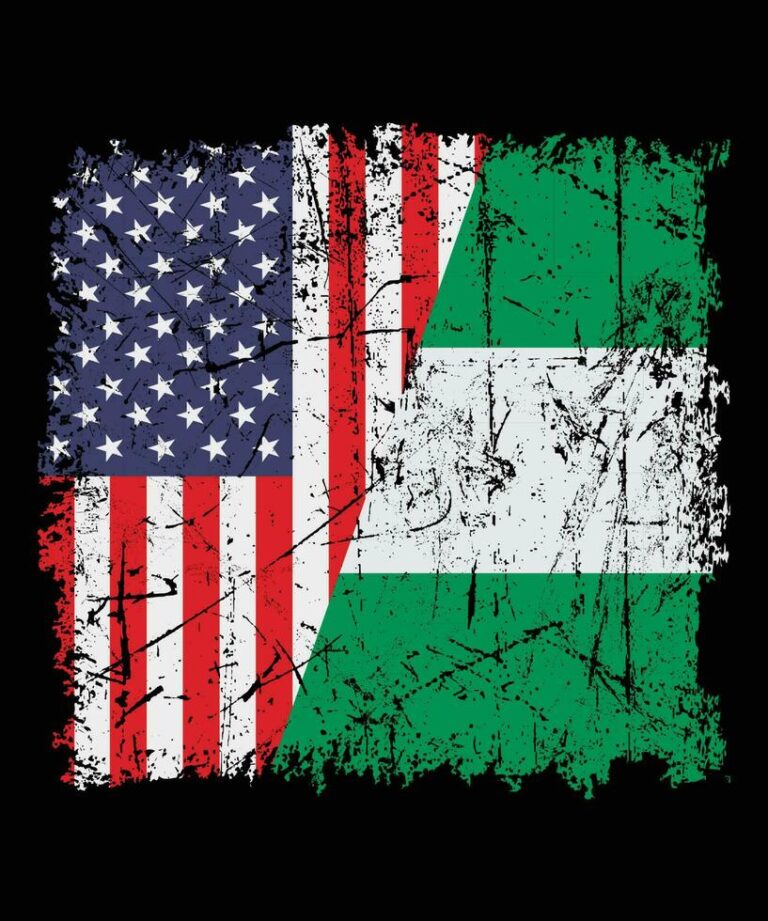The United States government has raised serious concerns about Nigeria’s trade practices, citing persistent delays in import approvals, widespread corruption at ports, and systemic inefficiencies in customs operations. The findings are detailed in the newly released 2025 National Trade Estimate Report on Foreign Trade Barriers by the Office of the U.S. Trade Representative (USTR).
Key Concerns: Import Restrictions and Delays
According to the report, Nigeria has consistently failed to approve pending import permits for American agricultural products despite repeated requests dating back to 2019. These delays are described as longstanding trade barriers that limit U.S. access to the Nigerian market.
The USTR blamed Nigeria’s slow certification, inspection, and testing processes for long clearance times, forcing some traders to resort to informal and often risky import channels.
Inconsistent Policies and Opaque Tariff Structure
The report criticized Nigeria’s unpredictable enforcement of sanitary and phytosanitary rules, which has caused confusion and compliance issues for exporters.
It also flagged Nigeria’s complex and restrictive tariff regime, pointing out:
-
An average tariff rate of 15.9% on agricultural goods, higher than the 11.4% on non-agricultural goods.
-
Supplementary charges on imports that raise effective duties on 79 tariff lines to over 50%, with 17 lines exceeding the 70% ECOWAS ceiling.
Additionally, import bans on 25 product categories, including poultry, beef, spaghetti, and fruit juice, were labeled as significant barriers to international trade.
Corruption and Delays at Nigerian Ports
The USTR called out systemic corruption in Nigeria’s port and customs systems. It highlighted frequent delays, manual procedures, and inconsistent application of trade laws, all contributing to inefficiency.
“Apapa port in Lagos ranks among the world’s most expensive due to 30-day average clearance delays, congestion, and maritime insecurity,” the report stated.
Although Nigeria approved a $3.1 billion customs modernization project in 2020, the USTR noted that implementation has stalled due to legal disputes and bureaucratic setbacks.
Forex, Procurement, and Digital Trade Challenges
The report outlined multiple issues across other sectors:
-
Foreign Exchange: Despite the Central Bank of Nigeria (CBN) lifting restrictions and attempting unification, $2.4 billion in forex requests remained unresolved by March 2024.
-
Public Procurement: U.S. companies reportedly face lack of transparency, delayed payments, and contract irregularities, despite formal procurement rules.
-
Digital Trade: Nigeria’s data localization laws and new digital service taxes introduced via the Finance Acts of 2020 and 2021 have unsettled U.S. tech firms.
It also cited restrictions in the reinsurance and advertising sectors, such as bans on foreign participation in oil and gas reinsurance and strict ad regulations.
Intellectual Property and Counterfeit Goods
Despite Nigeria’s passage of the Copyright Act 2022, enforcement remains weak. The report noted that counterfeit goods—especially pharmaceuticals and automotive parts—are still rampant and pose serious risks to consumers.
Nigeria Customs Responds: “We Are Not Manual”
In response, the Nigeria Customs Service (NCS) strongly rejected the U.S. report’s characterization of its operations.
Abdullahi Maiwada, NCS spokesperson, called the claims “unfair” and “misinformed,” insisting that Customs has made significant progress in automation and trade facilitation.
“It is an aberration to say Nigeria Customs operates manually,” Maiwada said, citing the deployment of the indigenous B’Odogwu Unified Customs Management System, which is already in use at PTML Command and being expanded nationwide.
He also highlighted reforms such as:
-
The Authorised Economic Operator programme to expedite clearance for trusted traders.
-
An Advanced Ruling System for transparent decisions on tariffs and origin.
-
Time Release Studies to scientifically identify clearance bottlenecks.
Maiwada further pointed out investments in non-intrusive inspection technology, including scanners at Apapa and geospatial intelligence tools for better border security.
“We are one of the most automated Customs systems in Africa. Anyone can go and verify that,” he stated.
Trade Ministry Maintains Silence
When contacted, Dr. Adebayo Thomas, Director of Press at the Ministry of Industry, Trade, and Investment, declined further comment, referring to past statements.
Previously, Minister Dr. Jumoke Oduwole acknowledged that U.S. tariffs have undermined Nigeria’s export competitiveness but emphasized that Nigeria is committed to improving non-oil exports through better quality control and global market standards.

